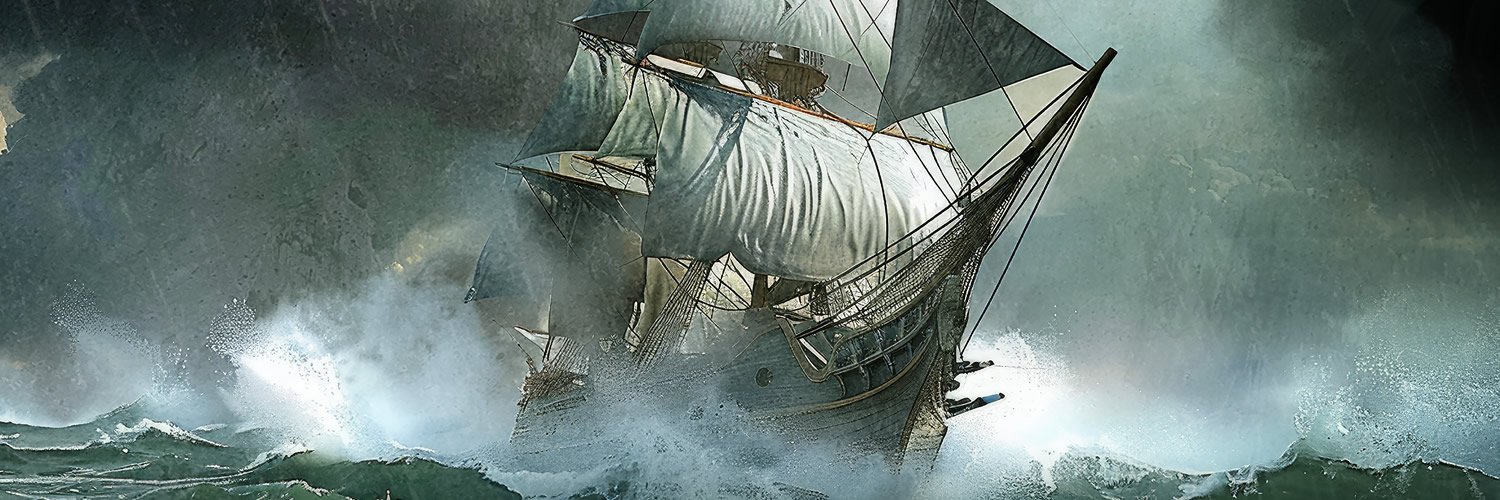I’m a Christian. Not a big believer in organized religion, just someone who believes that there is a greater power. By not a fan of organized religion, I mean that I have never been in a church that gave me anywhere close to the belief in a higher power than what I experience sitting on a rock watching a river run through unblemished mountains. I also struggle with how so many leaders in organized faith turn a blind eye, even cover up, excesses and abuses done in the name of their church. I sometimes wonder what regular church goers get from their attendance.
I recently attended a prayer breakfast for the governor of my state. That event gave me an answer to that question. The keynote speaker was Phan Thi Kim Phuc, the person who will forever be known as Napalm Girl. Her picture, nude, terribly burned, running from her Vietnamese village after a napalm strike will always be with me. Not only did she have to deal with years of surgery, but she ran headlong into the Communist government of her country who was determined to redirect her dreams of being a doctor into being a anti-US propagandist for the regime. That is, until she picked up a Bible and read it for the first time. It changed her life.
Her anger and bitterness, her constant thoughts about how unfair life was, her desire to avenge the damage inflicted upon her took over her life until she accepted Jesus and his teachings of forgiveness. It’s freed Kim to have a family; to finally defect from where her minders demanded she live, Vietnam, then Russia, then Cuba. She founded a nonprofit that helps child victims of war from all over the world. She was one of the most joyous and inspirational people I’ve ever been around. She lit up the room with her faith.
The more I listened to her, the more I observed the rest of the room. Every hymn sung was part of so many people’s lives. I watched them close their eyes, throw their hands into the air and sing from someplace deep inside of them. They weren’t there to proselytize, they were there simply to rejoice in their faith. They believe as I do that our lives are guided by a higher power, but their church experiences gave them a way to express it that was beautiful and powerful.
Which brings me to another question I have about faith. I cannot understand how so many non-believers castigate those who do believe; how they renounce people for their faith. The people at that breakfast are better people because of that faith, they lead better lives, they have less fear and anger. I struggle to understand how that is a bad thing.











